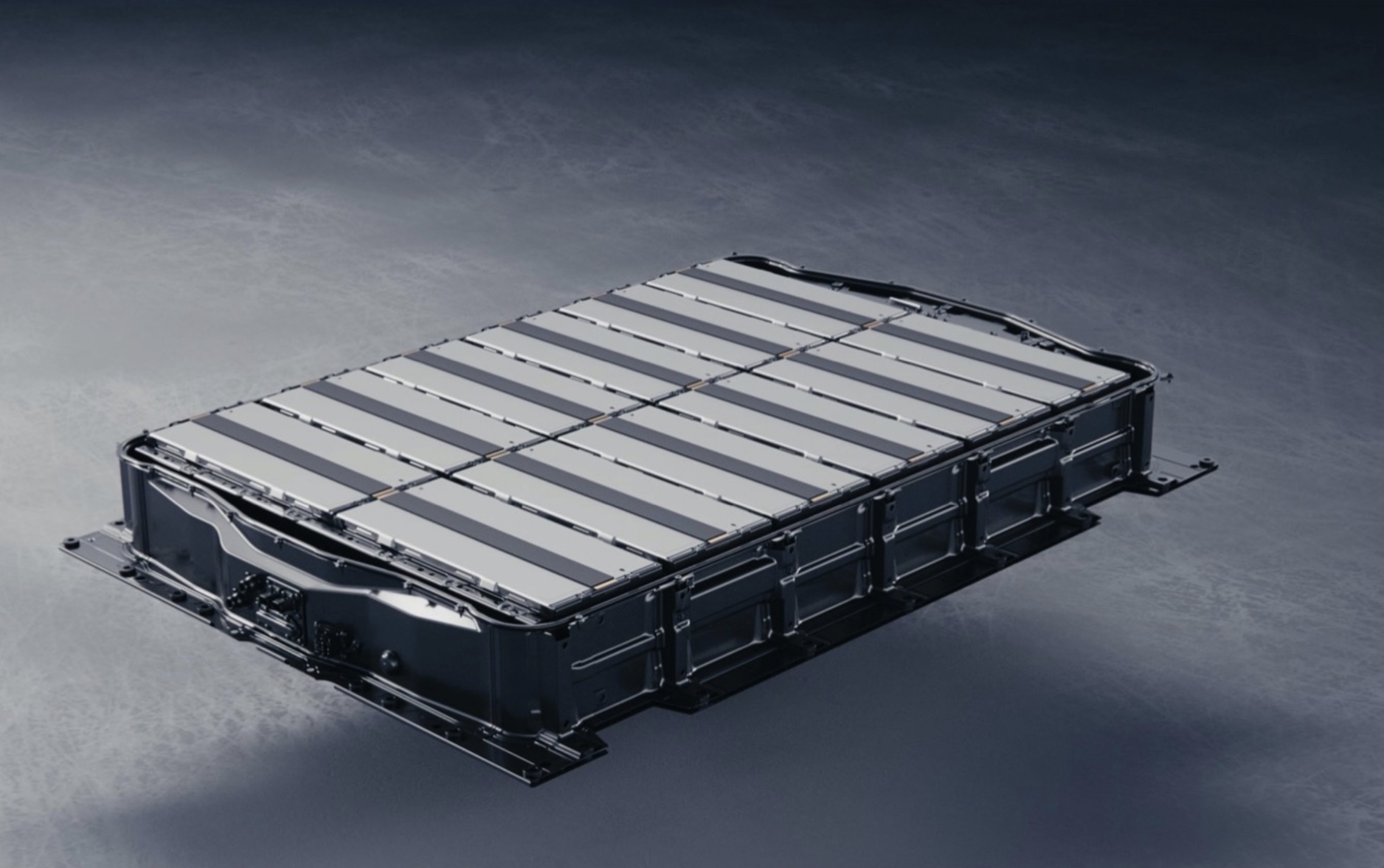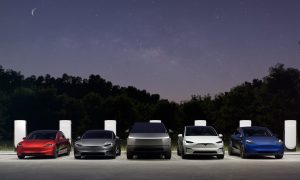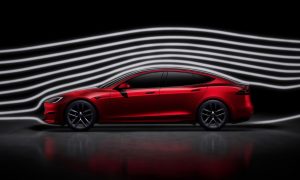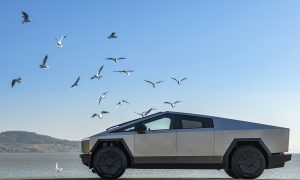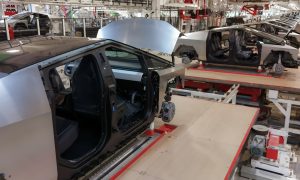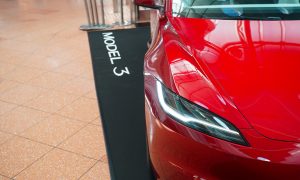General Motors signed a joint development agreement with Autocar Industries, LLC, to produce zero-emission commercial vehicles. The new commercial vehicle will use GM’s HYDROTEC power cubes.
Autocar aims to expand its offering to customers by launching zero-tailpipe emissions solutions. It is a market leader in customized commercial trucks. As hinted by the name HYDROTEC, General Motors and Autocar’s partnership will utilize hydrogen fuel cells to produce commercial vehicles.
“Autocar provides customized vocational trucking solutions, and as regulations change, we see HYDROTEC fuel cells as an additional avenue for our customers to meet their EPA requirements with zero tailpipe emissions vehicles,” said Eric Schwartz, President of Autocar. “GM’s scale, reliability, and the capability of their HYDROTEC fuel cell technology will enhance Autocar’s existing platforms.”
Fuel cells combine hydrogen and oxygen and generate electricity through an electrochemical reaction. Some advocates of battery-powered vehicles, like Elon Musk, believe fuel cells are one step away from fully electric cars.
General Motor’s HYDROTEC power cubes are compact, easy to package, and scalable. Each power cube contains over 30 hydrogen fuel cells, providing 77 kW of power.
The legacy automaker aims to electrify vehicles using its HYRODTEC power cubes as they apply to forms of transportation, including freight trucking, aerospace, and locomotives.
“EV propulsion systems like GM’s Ultium Platform are great solutions for electrifying passenger vehicles, but larger vehicles like Autocar’s class 8 trucks, refuse trucks, and terminal tractors require robust solutions that enable significant energy carrying capacity and fast refueling times,” said Charlie Freese, GM executive director, Global HYDROTEC. “We want to enable zero tailpipe emissions solutions for the largest, highest energy-consuming vehicles, and fuel cells are ideal for the most energy-intensive applications.”
The Teslarati team would appreciate hearing from you. If you have any tips, contact me at maria@teslarati.com or via X @Writer_01001101.

